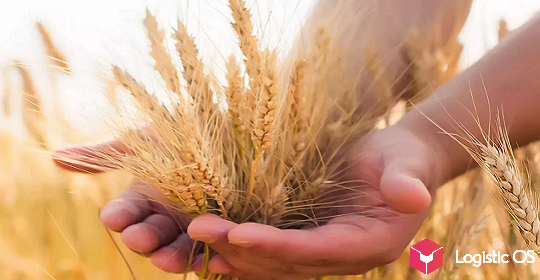It is planned that over the next 8 years, the share of own sunflower seeds used by farmers will triple, up to 75%.
Russian officials have repeatedly stated that Russia fully provides itself with something, but with products.
For example, about 150 million tons of grain were harvested this year, of which about 80 million tons are needed for domestic consumption — the harvest is almost twice the demand.
But not everything is so simple: Russia is very dependent on imported seeds.
For example, for sugar beet, import dependence reaches 90%, for sunflower — 70%.
Approximately the same situation with potatoes, corn and rapeseed.
According to farmers, completely domestic seeds are only garlic. Everything else is mostly imported, since domestic loses in many ways:
Yield
Marketing (for example, carrots from imported seeds have an even shape, from domestic ones — curved).
It is noted that this situation arose back in the 1990s, when import companies forced out local ones on the Russian market and then, becoming monopolists, raised prices.
Until now, the volume of seed imports to the Russian Federation is very large — about 1.4 billion dollars a year.
Russian scientists are going to «import substitute» sunflower
These are the plans of the All-Russian Research Institute of Agricultural Biotechnology (VNIISB) and the All-Russian Research Institute of Oilseeds named after V. S. Pustovoit (VNIIMK).
Together, it is planned to create a genetic line that would give a good oil content in the seeds, and would also be resistant to pesticides (they would not oppress the sunflower itself).
It is planned that over the next 8 years, the share of own sunflower seeds used by farmers will triple, up to 75%.
That is, by that time the situation should have turned around: for now, 75% are imports.
At the same time, Russian scientists are not going to use GMO technologies.
However, according to the US Department of Agriculture, this is generally impossible in the case of the sunflower: it is resistant to such modification.
Yes, and there is no special need for this: this is already a very high-margin plant that gives a good profit per hectare.
It is planned that the first samples of domestic sunflower with good characteristics may appear in Krasnodar before the end of the year.
By the way, many research centers complain that they almost never saw state support.
If the current situation encourages it to emerge, it could greatly accelerate import substitution in the seed industry.

